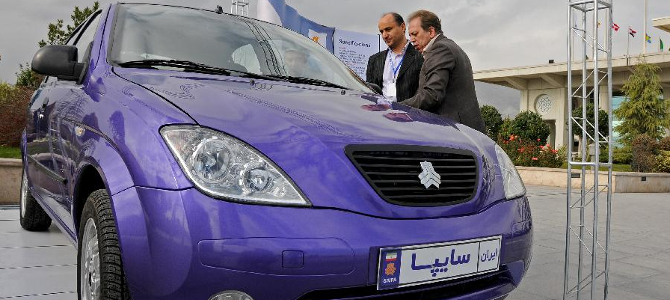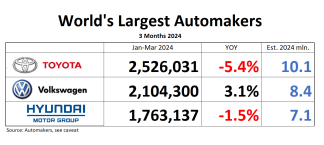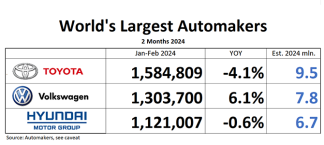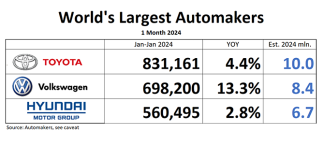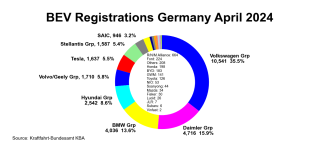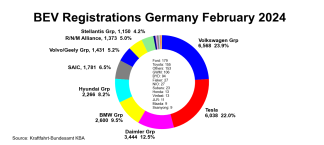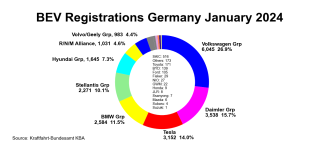- Global Vehicle Fleet Could More Than Double in Size – Detroitbureau. Worldwide annual output seen to exceed 100 million units by 2018.
- Mercedes S-class production up – Autocar Mercedes adds extra working hours to its factories to keep up with S-class demand.
- Audi to launch 11 new models in major sale push – Autocar, Someone’s in a hurry.
- S.Korean court ruling threatens to hike wages – Reuters. No more low-cost country.
- EU car sales up for third consecutive month – Just-auto, Still the worst year in written history.
- Fakes muddy classic car sales – DetN. Organized cime make new old cars.
- Duh Of The Day: Asian automakers to drive added production in North America – DetN.
[Want more news? The Daily Kanban Newsbot works for you 24/7.]






